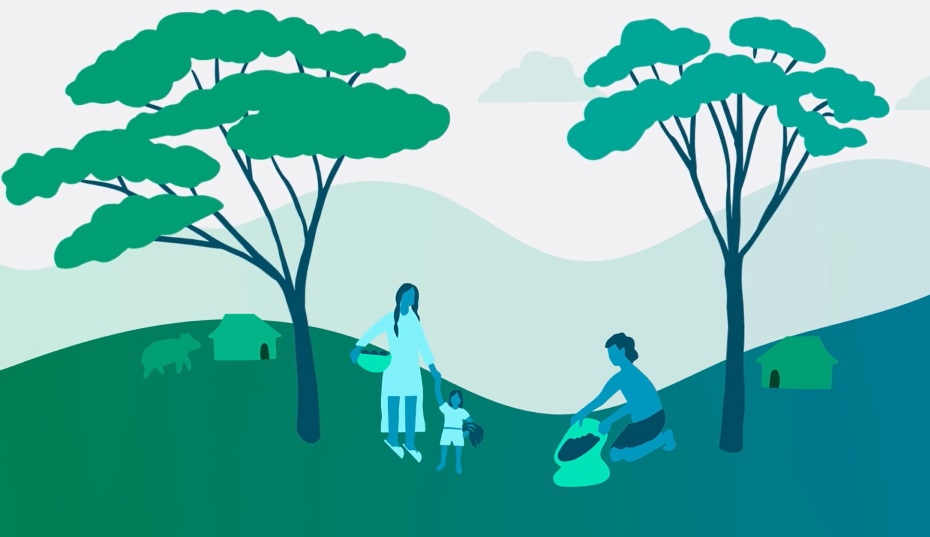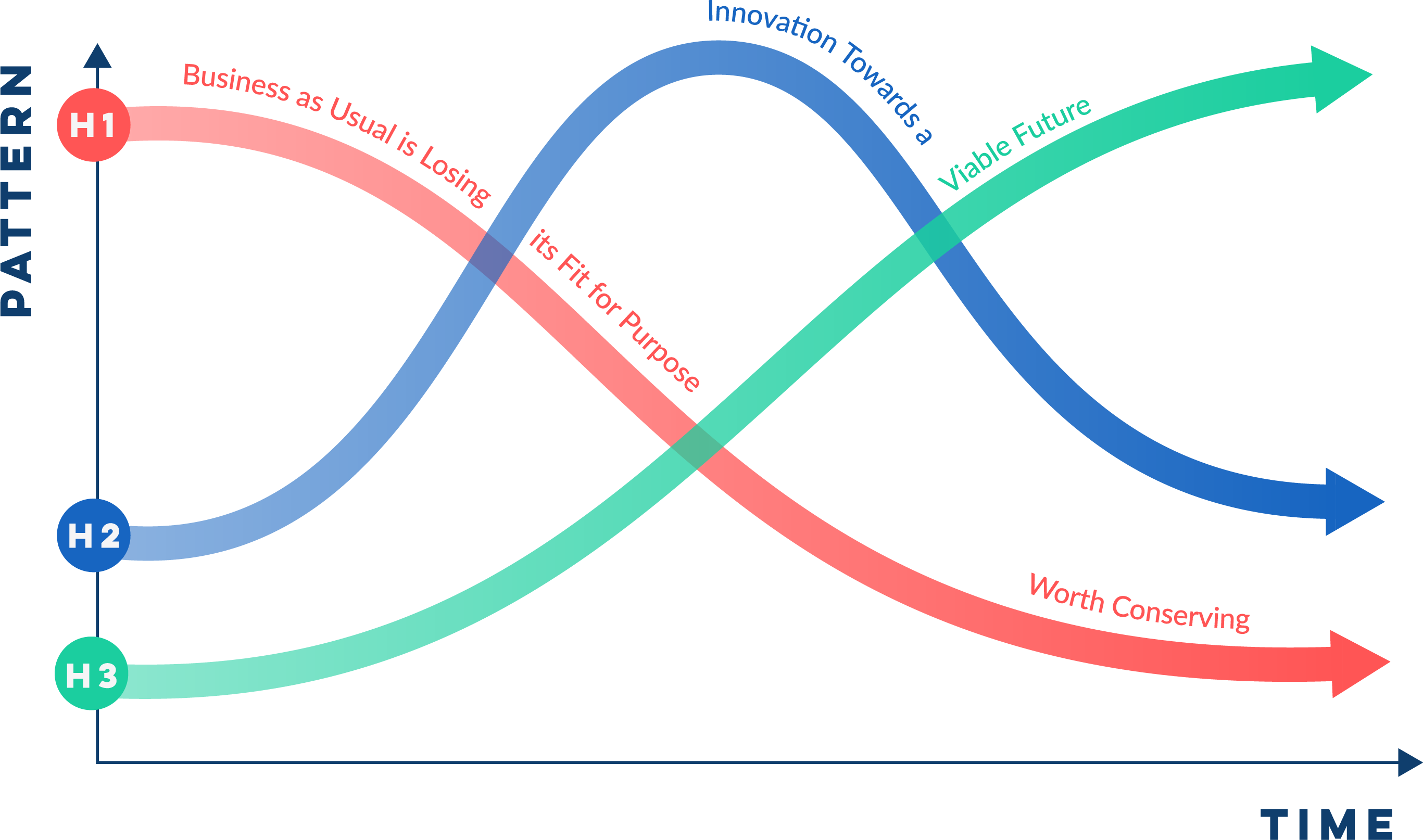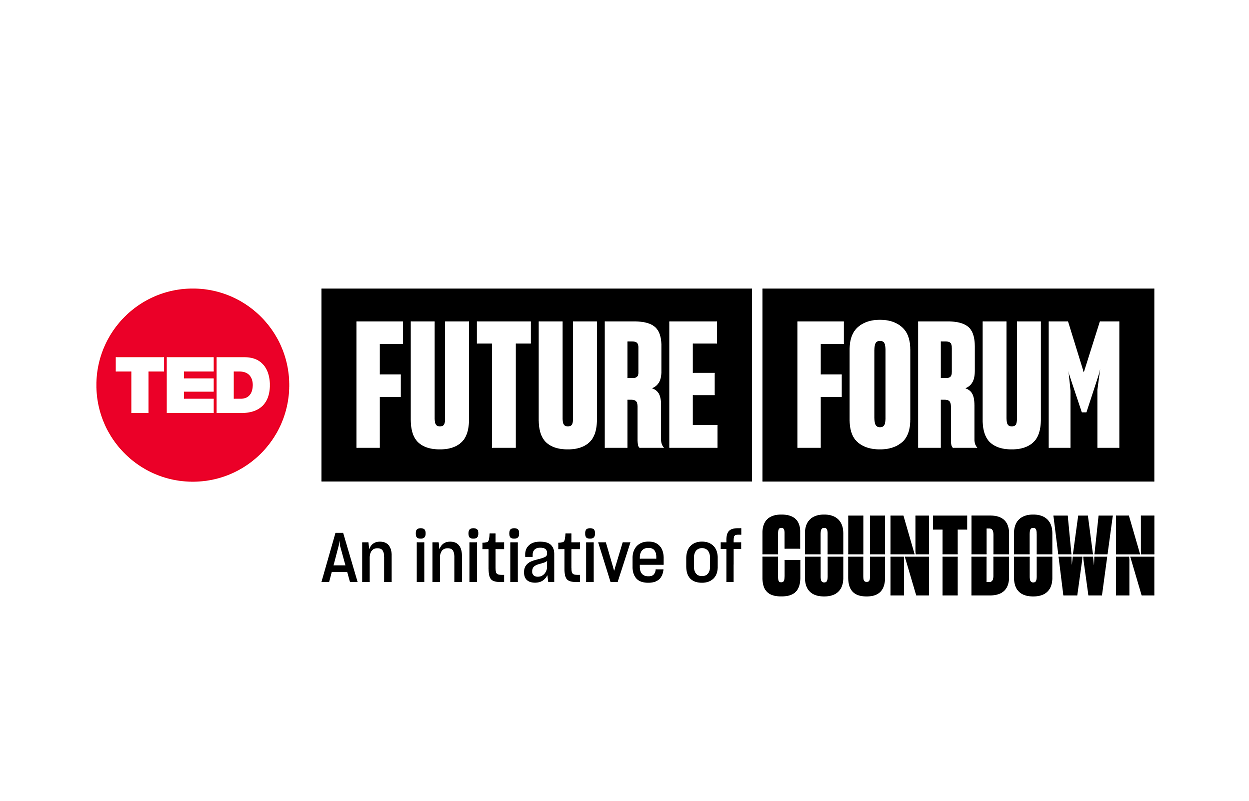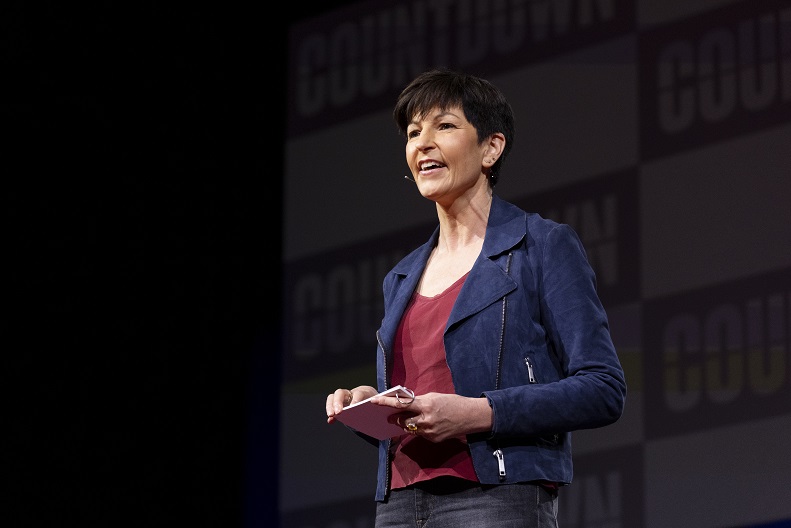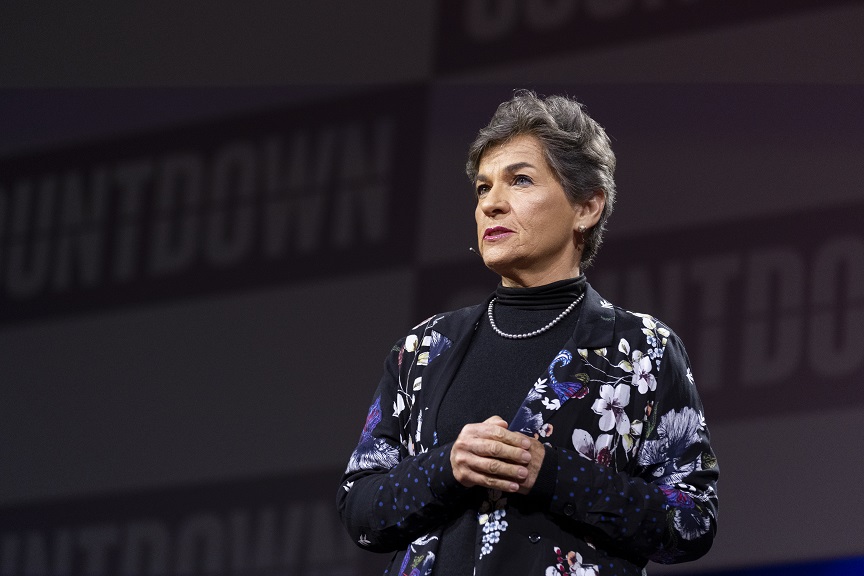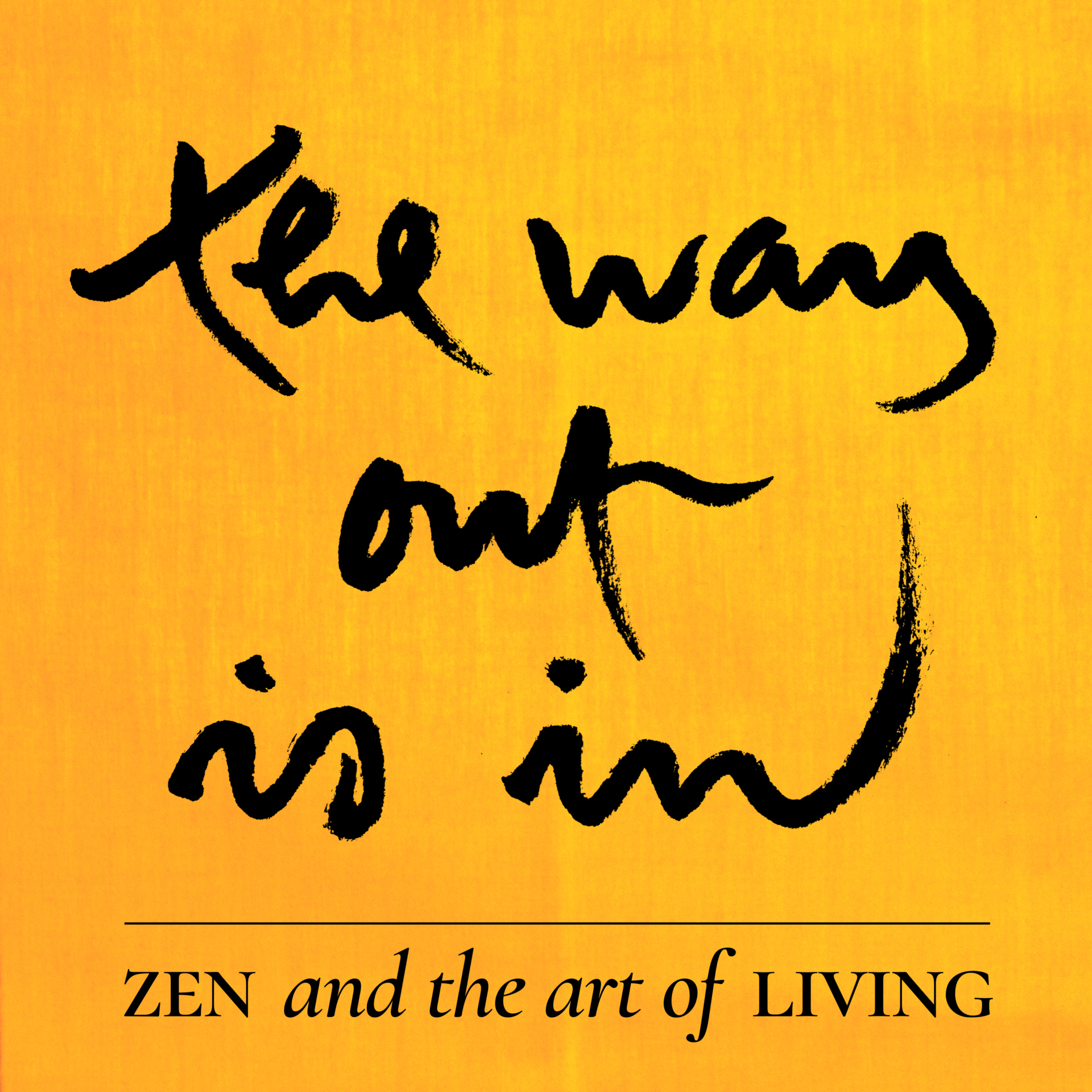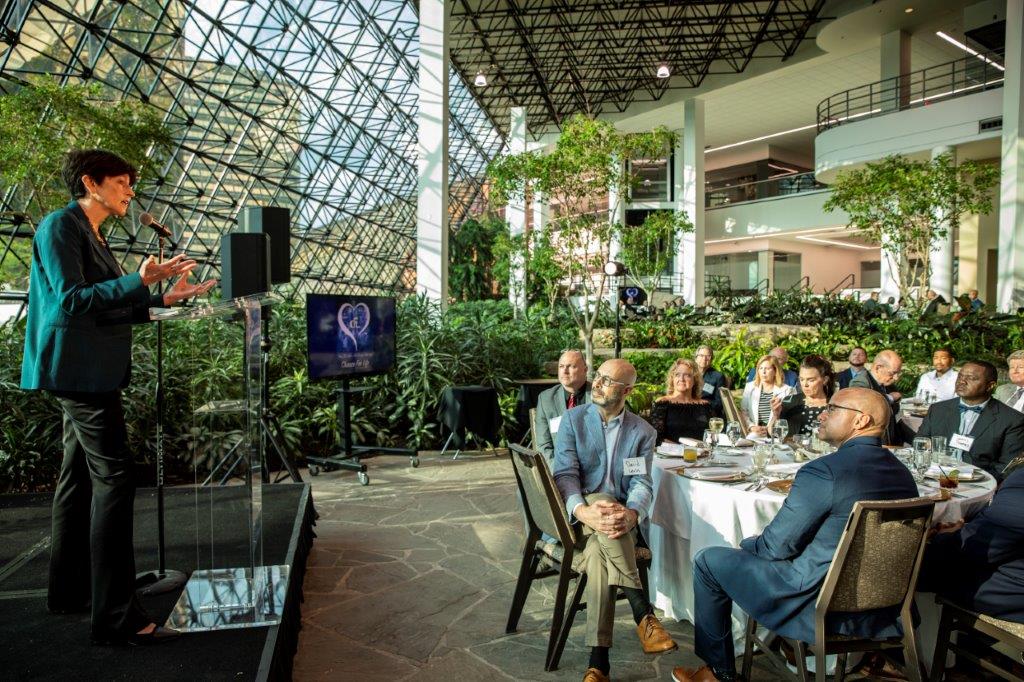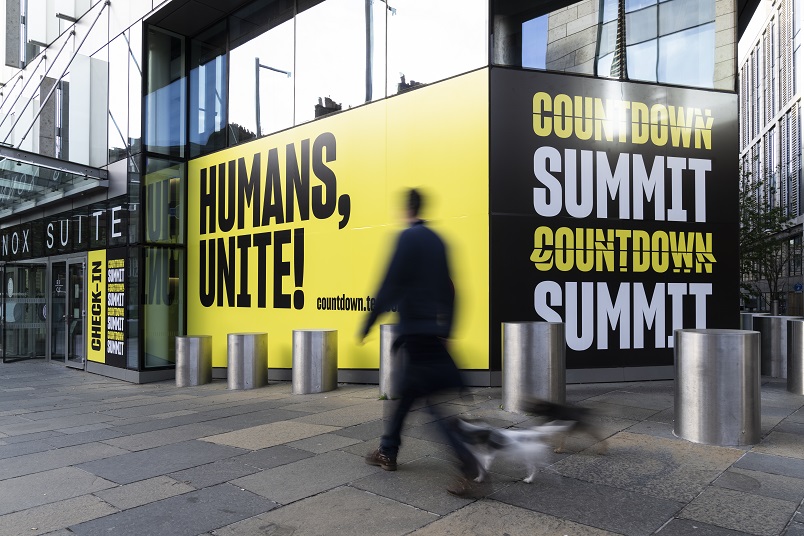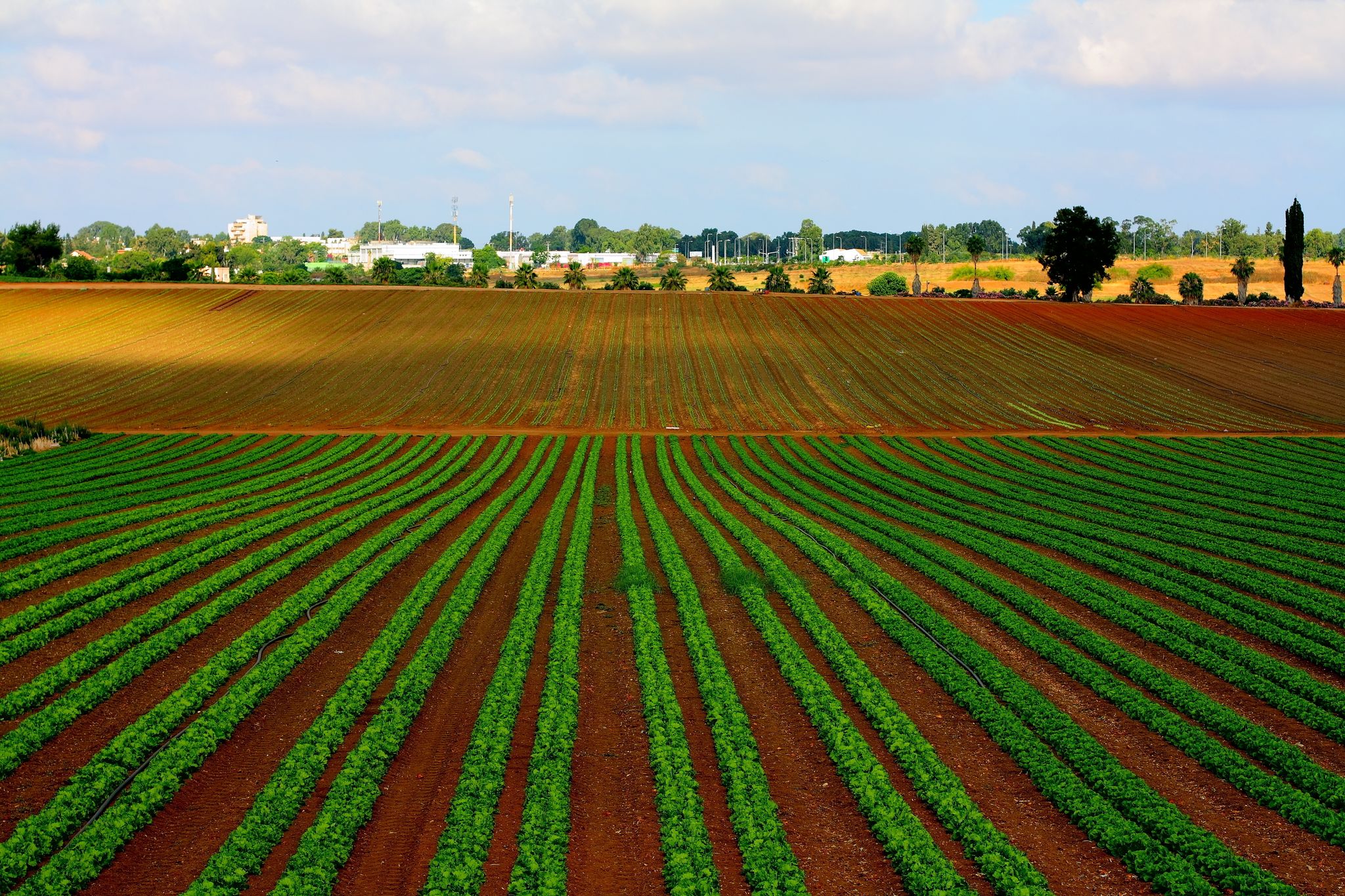Published on
December 15, 2021
China’s game-changing “Traffic Light System” color codes overseas investments based on impacts to climate, environment, and biodiversity.
Earlier this year, China pulled out of coal projects in Bangladesh and Zimbabwe, and President Xi Jinping just announced that China will no longer build new coal-fired power projects abroad — what other impacts might this system have, and how might it be used to help “green” the Belt and Road Initiative?
During a sessions titled “Virtual visit to Beijing: Greening the Belt & Road Initiative” at Countdown in Edinburgh, Scotland, Chatham House Research Director Bernice Lee orchestrated the only discussion between Mainland China and Hong Kong, as speakers and guest commentators deepened appreciation for ways China can be a catalyst for other global powers to strive for and even compete in becoming carbon neutral.
The conversation on the Traffic Light System began with remarks from Dimitri de Boer (Head of ClientEarth China) and explored factors for implementation, such as direct and indirect policies of the Chinese state, and resulting prospects for environmental sustainability among Belt and Road countries. With enforcement now at the forefront of the global conversation, China’s state-owned enterprises have taken immediate actions to follow through on the new guidelines.
Following remarks from Ma Jun (Director at the Institute of Public Affairs), Lee facilitated a discussion on the transparency of publicly disclosed information about the environment. Such transparency engages the public and allows NGOs to monitor local governments’ and corporations’ enforcement of laws to meet climate commitments. As such, IPE’s Blue Map Database has proven an effective tool in tracking and stopping polluters.
The session closed with comments from expert guests, inviting the voices of those joining virtually from Mainland China and Hong Kong. Guests felt optimistic that the Traffic Light System would help catalyze countries to compete in green initiatives globally. At the same time, the phaseout of coal projects abroad actively engages BRI countries in deciding how to green their own domestic policies.
After hearing from experts on the ground, participants left with a more nuanced understanding of the Belt & Road Initiative – one less highlighted in global media. The hybrid model connected global leaders gathered in Edinburgh, Scotland with experts around the world in dialogue about the promising prospects for a green Belt and Road.
LQ Partner Kenzie Kenzie Lau-Kwong provides additional commentary on the “Traffic Light System”
The week of October 11 was auspicious as it’s also the week of the 15th Conference of the Parties (COP15) to the UN Convention on Biological Diversity (CBD), which was being held in Kunming, China. Therefore, several interested leaders and experts, such as those from Belt and Road Initiative International Green Development Coalition (BRIGC), Foreign Environmental Cooperation Centre in the Ministry of Ecology and Environment (MEE), and People’s Bank of China, could not attend our BRI session.
However, through communications with multiple individuals in these organizations and with the speakers, I gained a broader understanding of their work’s intricacies in devising principles and executing the country’s greening policies; in turn, they get to know who Leaders’ Quest is and our purpose and vision.
I now appreciate much more their long-term thinking, meticulous planning, and hard work in ironing out conflicts behind the “traffic light system”. In fact, these soft laws are an effective, powerful strategy that connects, catalyzes, and steer state-owned enterprises, foreign direct investments, and organizations towards green development domestically and along BRI. China’s pledge of not building any new coal-fired power projects abroad is one of the many strategies in the works.
Prep discussions with Dimitri, Ma Jun, Emmanuel offered one insightful conversation after another. Exciting and uplifting, though a bit sad that many of these positive and effective actions are hardly reported outside of China.
Dimitri’s work is low profile but very effective – the proof in the pudding is the trust ministry officials rest in him. I’ve known Ma Jun for over 10 years. His work is a strong testimonial of the power of public engagement supported with facts and not force, which gain trust and open doors to work with the government, commercial entities, and communities.
Emmanuel was President of East African Court of Justice before becoming Minister of Justice for Rwanda. His experience gave him the confidence to be particularly applauding soft laws because cases could be referenced, interpreted, and give public pressure, especially for companies to act. As an advisor to ClientEarth and having worked closely with Dimitri on China’s greening development, Emmanuel’s understanding is grounded in direct experience and facts. He described the ‘traffic light system’ beautifully – it’s like the stars; we cannot touch them, but they show the way.
